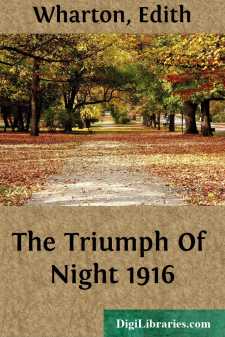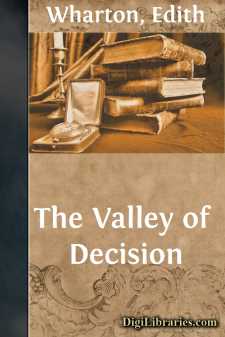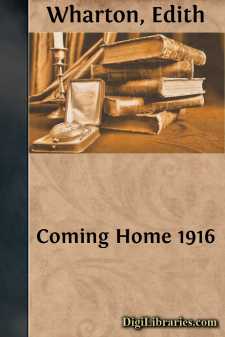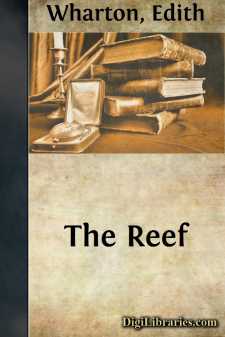Categories
- Antiques & Collectibles 13
- Architecture 36
- Art 48
- Bibles 22
- Biography & Autobiography 813
- Body, Mind & Spirit 142
- Business & Economics 28
- Children's Books 17
- Children's Fiction 14
- Computers 4
- Cooking 94
- Crafts & Hobbies 4
- Drama 346
- Education 46
- Family & Relationships 57
- Fiction 11829
- Games 19
- Gardening 17
- Health & Fitness 34
- History 1377
- House & Home 1
- Humor 147
- Juvenile Fiction 1873
- Juvenile Nonfiction 202
- Language Arts & Disciplines 88
- Law 16
- Literary Collections 686
- Literary Criticism 179
- Mathematics 13
- Medical 41
- Music 40
- Nature 179
- Non-Classifiable 1768
- Performing Arts 7
- Periodicals 1453
- Philosophy 64
- Photography 2
- Poetry 896
- Political Science 203
- Psychology 42
- Reference 154
- Religion 513
- Science 126
- Self-Help 84
- Social Science 81
- Sports & Recreation 34
- Study Aids 3
- Technology & Engineering 59
- Transportation 23
- Travel 463
- True Crime 29
The Triumph Of Night 1916
by: Edith Wharton
Categories:
Description:
Excerpt
It was clear that the sleigh from Weymore had not come; and the shivering young traveller from Boston, who had counted on jumping into it when he left the train at Northridge Junction, found himself standing alone on the open platform, exposed to the full assault of night-fall and winter.
The blast that swept him came off New Hampshire snow-fields and ice-hung forests. It seemed to have traversed interminable leagues of frozen silence, filling them with the same cold roar and sharpening its edge against the same bitter black-and-white landscape. Dark, searching and sword-like, it alternately muffled and harried its victim, like a bull-fighter now whirling his cloak and now planting his darts. This analogy brought home to the young man the fact that he himself had no cloak, and that the overcoat in which he had faced the relatively temperate air of Boston seemed no thicker than a sheet of paper on the bleak heights of Northridge. George Faxon said to himself that the place was uncommonly well-named. It clung to an exposed ledge over the valley from which the train had lifted him, and the wind combed it with teeth of steel that he seemed actually to hear scraping against the wooden sides of the station. Other building there was none: the village lay far down the road, and thither—since the Weymore sleigh had not come—Faxon saw himself under the necessity of plodding through several feet of snow.
He understood well enough what had happened: his hostess had forgotten that he was coming. Young as Faxon was, this sad lucidity of soul had been acquired as the result of long experience, and he knew that the visitors who can least afford to hire a carriage are almost always those whom their hosts forget to send for. Yet to say that Mrs. Culme had forgotten him was too crude a way of putting it Similar incidents led him to think that she had probably told her maid to tell the butler to telephone the coachman to tell one of the grooms (if no one else needed him) to drive over to Northridge to fetch the new secretary; but on a night like this, what groom who respected his rights would fail to forget the order?
Faxon's obvious course was to struggle through the drifts to the village, and there rout out a sleigh to convey him to Weymore; but what if, on his arrival at Mrs. Culme's, no one remembered to ask him what this devotion to duty had cost? That, again, was one of the contingencies he had expensively learned to look out for, and the perspicacity so acquired told him it would be cheaper to spend the night at the Northridge inn, and advise Mrs. Culme of his presence there by telephone. He had reached this decision, and was about to entrust his luggage to a vague man with a lantern, when his hopes were raised by the sound of bells.
Two sleighs were just dashing up to the station, and from the foremost there sprang a young man muffled in furs.
"Weymore?—No, these are not the Weymore sleighs."
The voice was that of the youth who had jumped to the platform—a voice so agreeable that, in spite of the words, it fell consolingly on Faxon's ears. At the same moment the wandering station-lantern, casting a transient light on the speaker, showed his features to be in the pleasantest harmony with his voice. He was very fair and very young—hardly in the twenties, Faxon thought—but his face, though full of a morning freshness, was a trifle too thin and fine-drawn, as though a vivid spirit contended in him with a strain of physical weakness....












